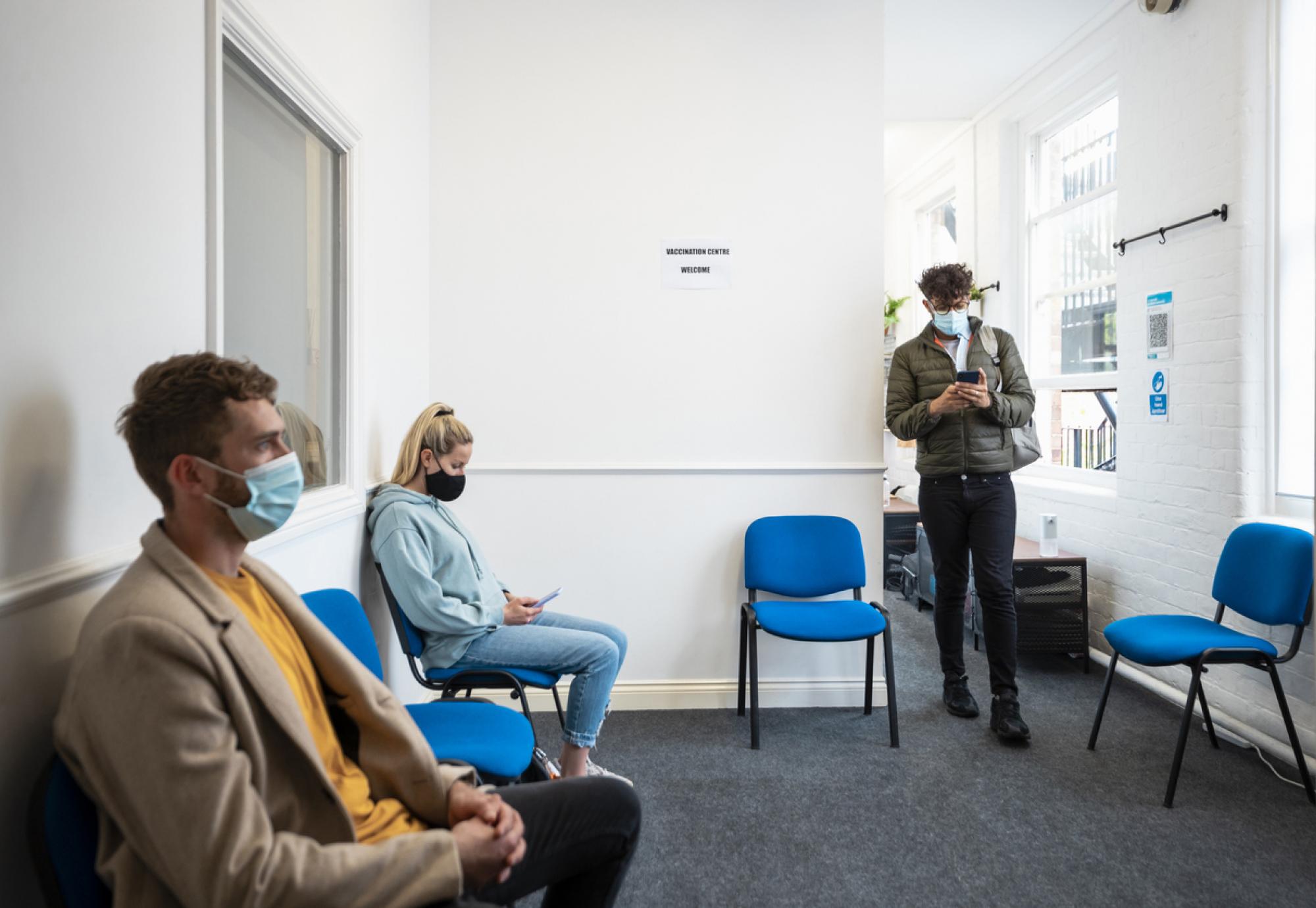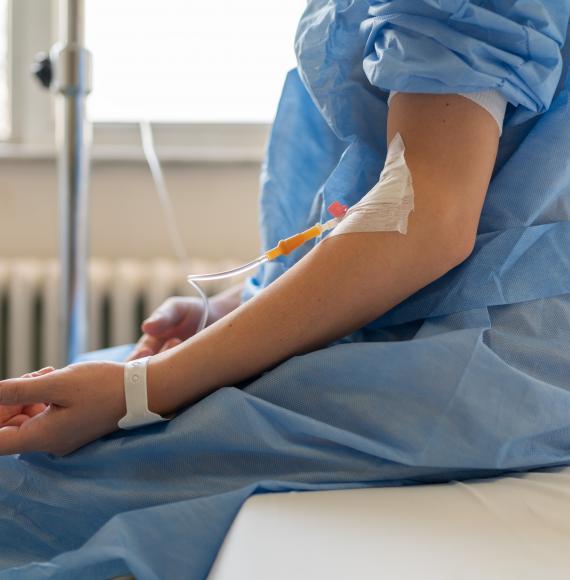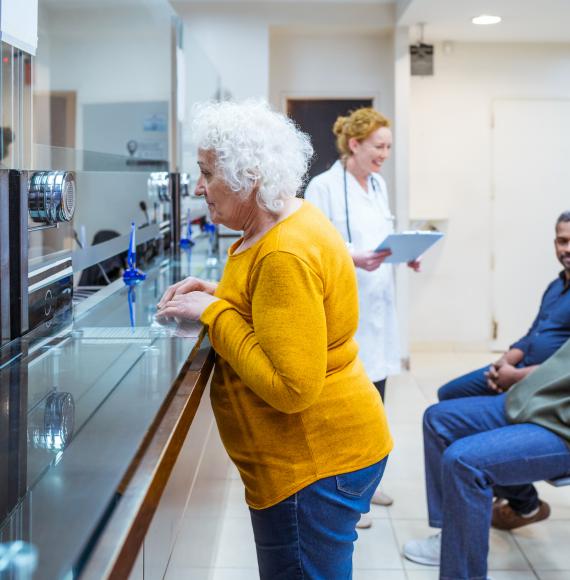Despite the busiest May in emergency care history, the number of people on the waiting list for diagnostic tests has dropped, with the amount of people waiting more than two years for elective care down two-thirds.
Health chiefs have advised the public to phone 111 for non-urgent health concerns, in order to free up hospital capacity, as the NHS continue to successfully tackle the backlog.
New research has revealed that nearly one in five (19.1%) people who received care via the 111-line said they would have usually phoned 999 without the aforementioned guidance.
More than a quarter (26.2%) of people also said they would’ve gone to A&E, with almost one in 10 saying they wouldn’t have contacted anyone if the 111 line wasn’t made available – ultimately proving the phone number’s value not only to the NHS for clearing backlog, but for people’s wellbeing too.
Professor Sir Stephen Powis, National Medical Director for NHS England, said: “The new figures show our hard-working NHS staff are making significant progress in ensuring people waiting the longest time for care are getting treated.
“There is no doubt the NHS still faces pressures – including a renewed increase in Covid patients – and the latest figures show just how important community and social care are in helping people in hospital leave when they are fit to do so, not just because it is better for patients but because it helps free up precious NHS bed space.
“It is also a good reminder of how important it is to come forward for care and advice by choosing the right service for your needs – a patient survey showed one in five people would have called an ambulance if NHS 111 had not been available, while a quarter would have sought help from an emergency department instead. By calling NHS 111 or using the online service for non-urgent health concerns, you can help us help you access the best care for your needs, quickly.”
The monthly figures also showed that last month had the second highest number of A&E attendances with 2.2 million people – second only to July 2019 with 2.3 million people.
Since the Covid elective recovery plan was published in February those waiting more than two years for treatment has dropped by two-thirds, as well as 40 NHS Trusts already completely wiping the amount of people waiting more 104 weeks plus.
The NHS is slowly but surely tackling the backlog and beginning to get things under control.
More information about the new statistics is available here.



















